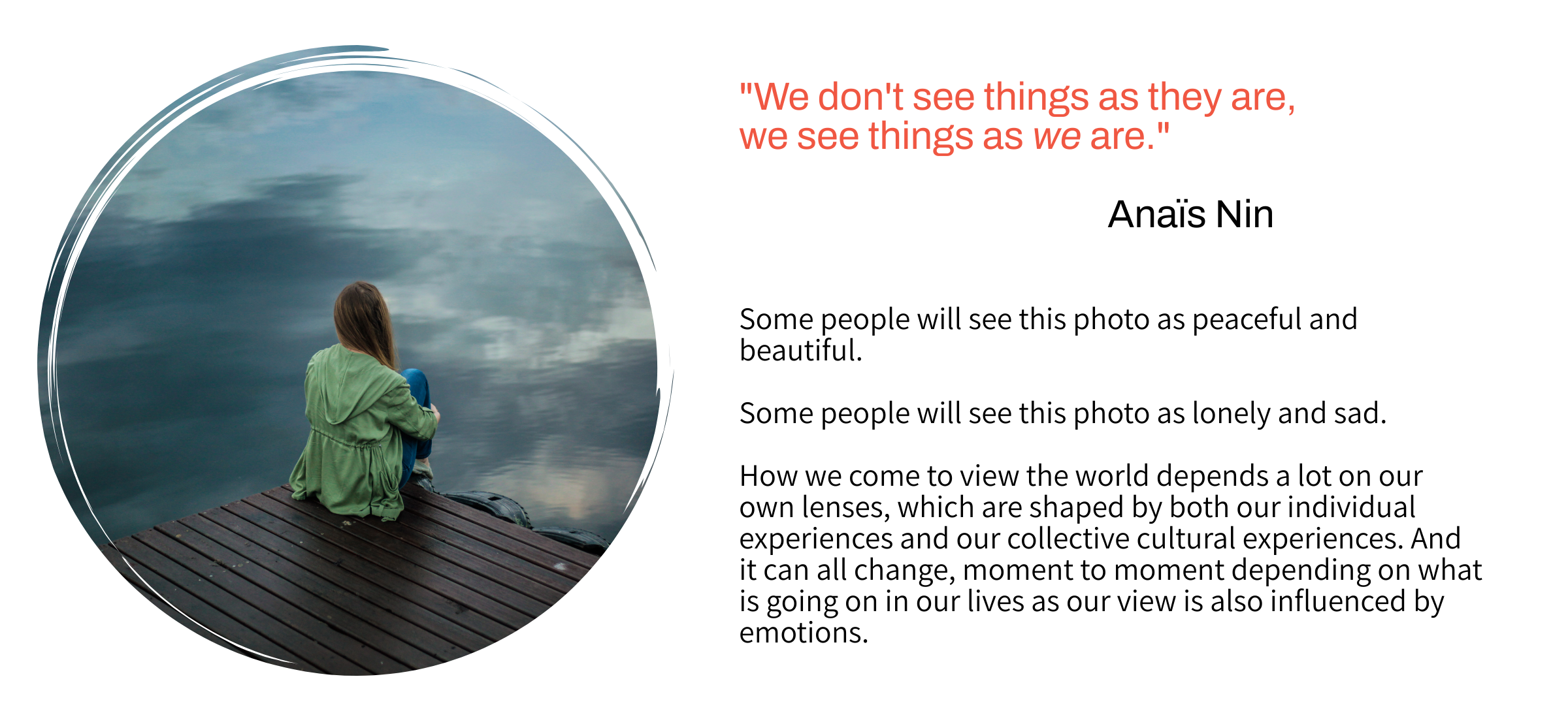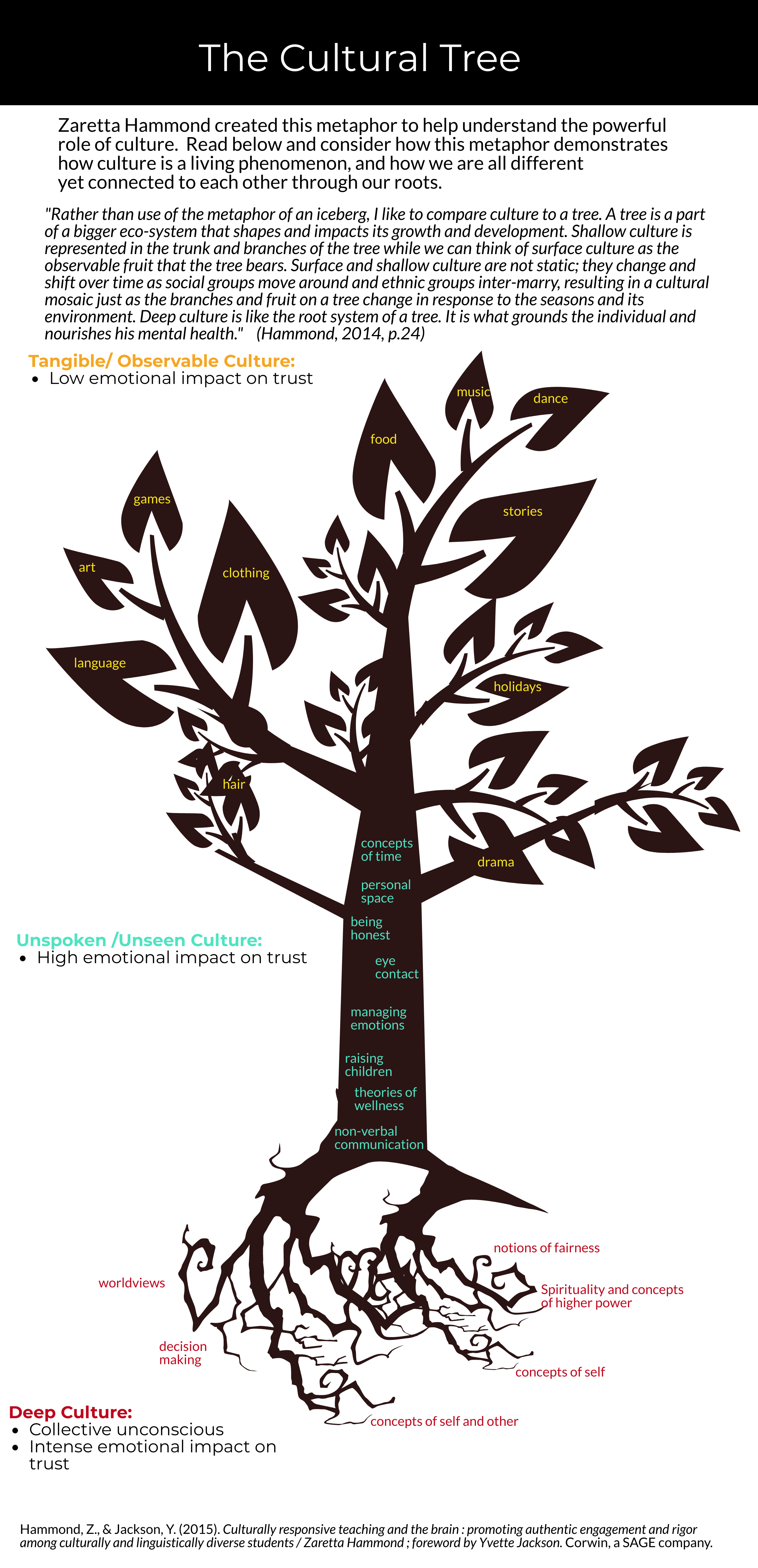Explore Your Lenses

Anais Nin quote transcript.docx
Recently we have all been challenged to examine ways in which our work can be made more welcoming and accessible to all students, and in particular those from equity deserving groups. Some WIL programs have been seen as continuing to “advantage the already advantaged,” particularly in the area of school to work transitions. Interestingly however, the focus on access and equity is not new to WIL programs, with one of the most popular employment focused programs, co-operative education (co-op), having been founded on these values. Begun in 1906 at the University of Cincinnati, co-op was proposed, in part, as a way to help working class students earn money as part of their studies versus by having to work more before and after school to help fund themselves. The co-op model then ensured both a way to enhance learning through immersive experiences as well as a more equal opportunities for students from more challenged financial backgrounds. Service Learning WIL offerings are also often partnered with community organizations and initiatives that support underserved groups, and many WIL capstone and community projects are designed to support frameworks such as the UN Sustainable Development Goals (UNSDGs) that focus on achieving justice, equity, diversity and inclusion around the globe.
Often however these aspirations are not brought to the forefront of our work with respect to how we specifically promote and support student participation from underrepresented groups. The next section provides a brief introduction to this agenda, and begins with the "self," asking you to explore some of your own thoughts regarding these issues. This is often the first step to being truly able to commit to this work.
Before we can fully explore elements of our practice we need to better understand what we bring to it. To do so we ask you to take a moment and think more deeply about yourself as a WIL Practitioner. Many of the reflective prompts in Understanding Yourself as a WIL Practitioner will reveal some of the ways in which you have been conditioned through your culture (including your upbringing, education, family etc.) to see the world through certain lenses. One way to understand the lenses is through examining the culture in which we have developed them. This may seem a strange approach to developing yourself as a WIL Practitioner but it is in fact key to how you see your work, your students, and your own professional identity. This awareness is fundamental to your development as a WIL professional and choosing who and how you want to be in intentional ways.
Consider the metaphor of the cultural tree below and how it might be useful in understanding your own interactions and practices with what is often a very diverse group WIL students and employers.

When reflecting on who we are in our professional practice, it is important to reflect on the many individual, interpersonal and group lenses that shape how we see the world. In order to understand ourselves and the lenses we bring to our work, we want to see how we are part of systems and the ways that some systems influence our perspective and actions. Being able to reflect on this aspect of ourselves will better enable us to support WIL students through their journeys by pausing and considering ways we might act more inclusively. Consider the three I's as you reflect on your lenses.

Infographic transcript- The Three I's.docx
The individual level speaks the personal biases we have developed, individual experiences and impressions. The interpersonal level speaks to the ways different lenses shape behaviours in relationships, especially through identity differences. The institutional level speaks to the ways systems have shaped our lenses, like education, media, law.
Ideally you will approach critical reflection with both of these lenses in mind and consider how you are as an individual, how you are in your relationships (with students, colleagues and the work) and how you belong to social groups that are part of systemic structures associated with access to power, privilege, rights, and responsibilities.
The Process of Socialization
Understanding how belonging to certain social groups impacts your lenses takes time and an open mind. It will not happen quickly or all at once, but being open to exploring why you think and act as you do is the first step to more explicitly understanding your own drivers and behaviours. Gaining those insights is the first step to better understanding the motivations and behaviours of others and is critical to effective professional practice. Read through the slideshow below for a brief overview of how socialization works.
Norms Values and Beliefs slide transcript.docx
Reflective Prompts
Take a moment to reflect on what you have learned so far. Use the Reflective Journal to note your ideas, which may include conversations with someone you work with. Here are some questions you might want to consider:
|
What are three things you value as a professional in WIL? Where might you have learned to value these things? Think of individual influences and the ways social groups have influenced you to value these things. How do these values inform your work with WIL students? Do you value the same things? How do you know? Have you encountered any challenges to your own values or views in your work? What kinds of responses or reactions do you have when you are presented with values that are different or even opposite to your own? How do you work through those? |